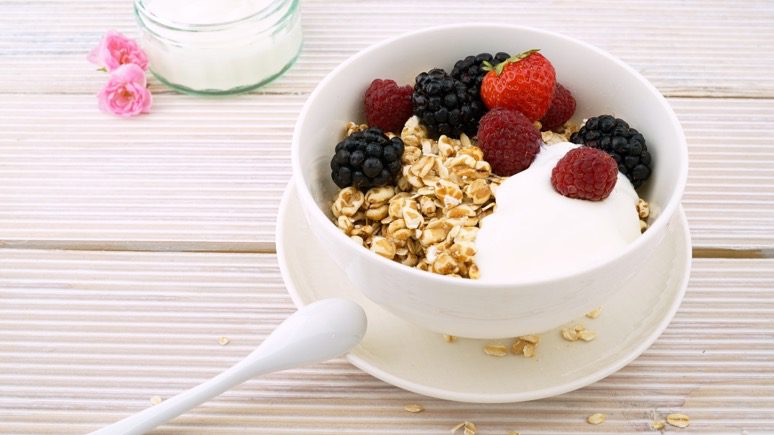Introduction
Vegetarianism is not a new concept. People have been practicing this nutritional approach since ancient times. Interestingly, recent studies suggest that Neanderthals from some regions in Spain were vegetarians.
The lacto-vegetarian diet is a type of vegetarian diet that avoids the consumption of eggs, poultry, meat, and seafood. However, this diet allows eating dairy products, including cheese, milk, yogurt, kefir, etc.
A well-balanced lacto-vegetarian diet promotes some health benefits, including heart health improvement and decreased risks of heart diseases, type 2 diabetes, and cancer. In addition, shifting to a lacto-vegetarian diet may aid in weight loss.
Key points
If you want to practice a lacto-vegetarian diet, you should avoid meats, poultry, eggs, seafood, and meat-based components like gelatine, suet, lard, and carmine. Instead, you can eat vegetables, fruits, beans, legumes, plant-based proteins, dairy products, nuts, seeds, whole grains, vegetable oils, herbs, and spices.
It is essential to eat nutrient-dense foods to fulfill the body’s nutritional needs. The following advice can assist you in composing a well-balanced diet:
- choose whole foods (fruits and vegetables, whole grains, legumes, nuts, etc.)
- limit the consumption of sugary beverages and fruit juices
- reduce your intake of refined carbohydrates like white bread and pasta and sugar
Contraindications
It is recommended for pregnant and breastfeeding women and children under the age of 5 to consult a registered dietitian before trying a lacto-vegetarian diet.
How to avoid possible nutritional deficiencies
People following a lacto-vegetarian diet may face deficiencies in some nutrients, including iron, zinc, vitamin B-12, and omega-3 fatty acid deficiencies. To avoid these nutrient shortages, try incorporating the following foods into your diet:
- iron: nuts, peas, spinach, beans, lentils, raisins, fortified cereals;
- zinc: legumes, nuts (cashews, almonds), seeds (pumpkin seeds, hemp seeds), tofu, oats;
- vitamin B-12: milk, dairy products, fortified nutritional yeast, fortified foods;
- omega-3 fatty acids: plant oils (flaxseed oil), nuts (walnuts), seeds (flaxseeds, hemp seeds, and chia seeds), seaweed, fortified cereals and juices;
It can be challenging to ensure your diet contains enough of these nutrients. However, supplements can help meet your body’s nutritional requirements. Consult the doctor or nutritionist about the exact supplements you may need.
Tips on improving your dieting experience
If you have a hard time finding what to eat as a part of a well-balanced lacto-vegetarian diet, here are some snack ideas you can try:
- fruits with nut butter
- yogurt with fruit or berries
- avocado toast
- nut butter stuffed dates
- carrots/bell peppers with hummus
- roasted edamame
- popcorn
- cottage cheese
- kale chips
- cheese sticks
- nuts
Conclusions
A well-balanced lacto-vegetarian diet is a healthy nutritional approach that provides various health benefits, including reduced risk of heart diseases, cancer, and type 2 diabetes. However, it is essential to choose whole foods that meet your nutrient requirements.














Leave a Reply
You must be logged in to post a comment.